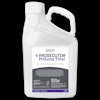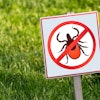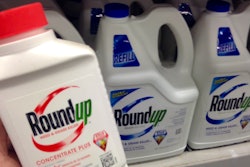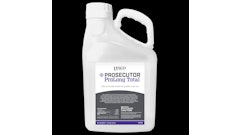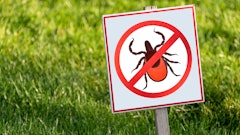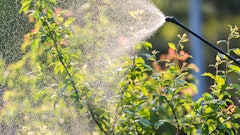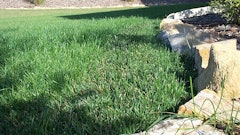
Summer temperatures mean pets might be spending some more time outdoors. There’s some debate on the Internet over what chemicals are considered safe or unsafe for dogs and cats. A few recent studies show links between lawn chemicals using 2,4-D to two types of canine cancers. The World Health Organization’s International Agency for Research on Cancer classified 2,4-D as “possibly carcinogenic to humans … based on inadequate evidence in humans and limited evidence in experimental animals.”
However, experts say a link doesn’t always mean a strong connection. For pesticide application, per the North Carolina Department of Agriculture, licensure is required for anyone hoping to get paid for applying general and restricted-use pesticides. Licensure requires passing a core exam and exams specific to what an applicator may be spraying—a farm, a commercial property or a landscaped yard, for example.
The state’s Department of Agriculture stresses the studies and tests chemicals go through before being put on the market for use. Each chemical must go through short-term and long-term toxicity studies with rats and mice—to see what happens when intentionally high levels pass through the skin, the eyes, or being inhaled or ingested. From there, agencies determine what level to regulate on—and write labels accordingly.
To read the full original article, please click here.
